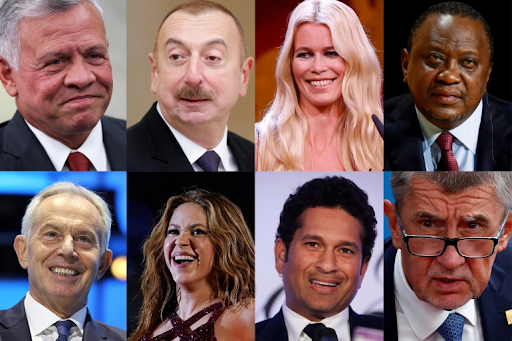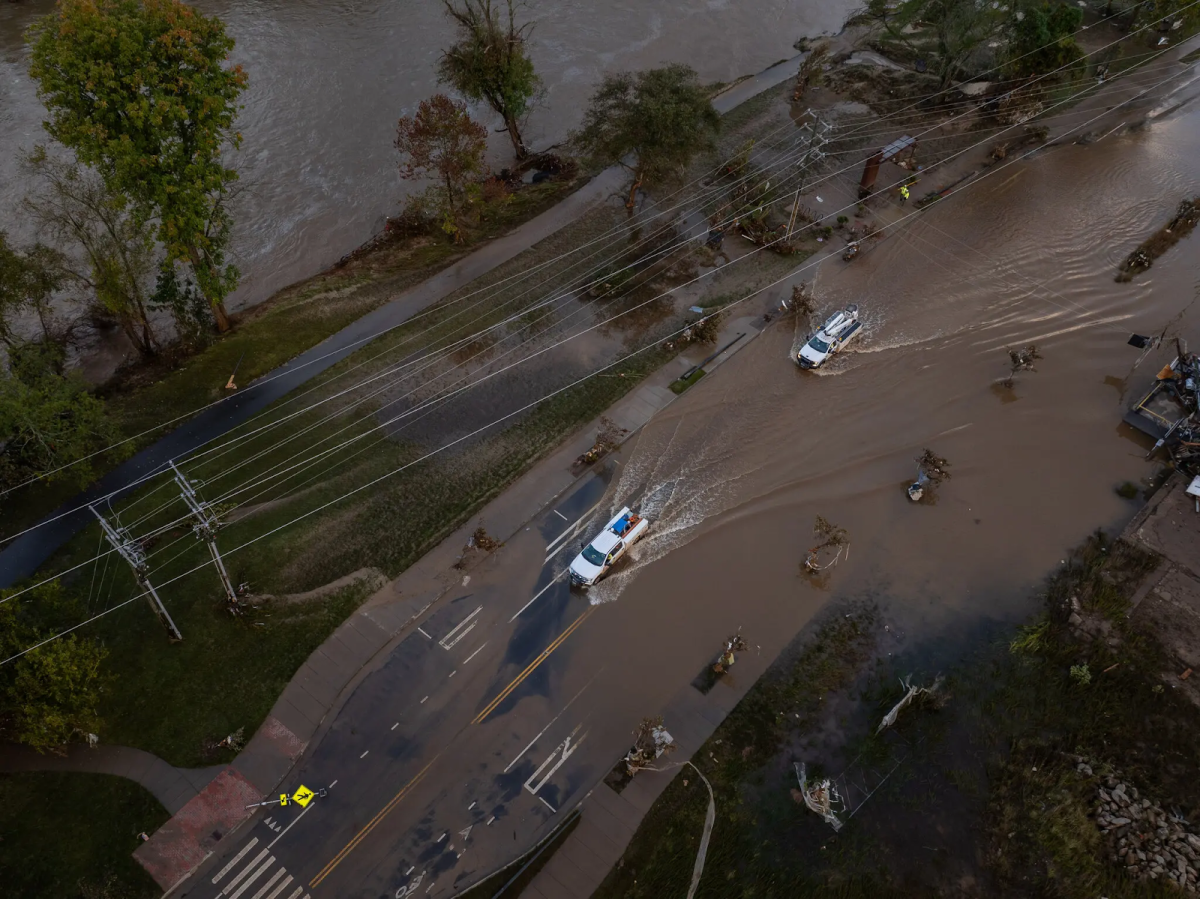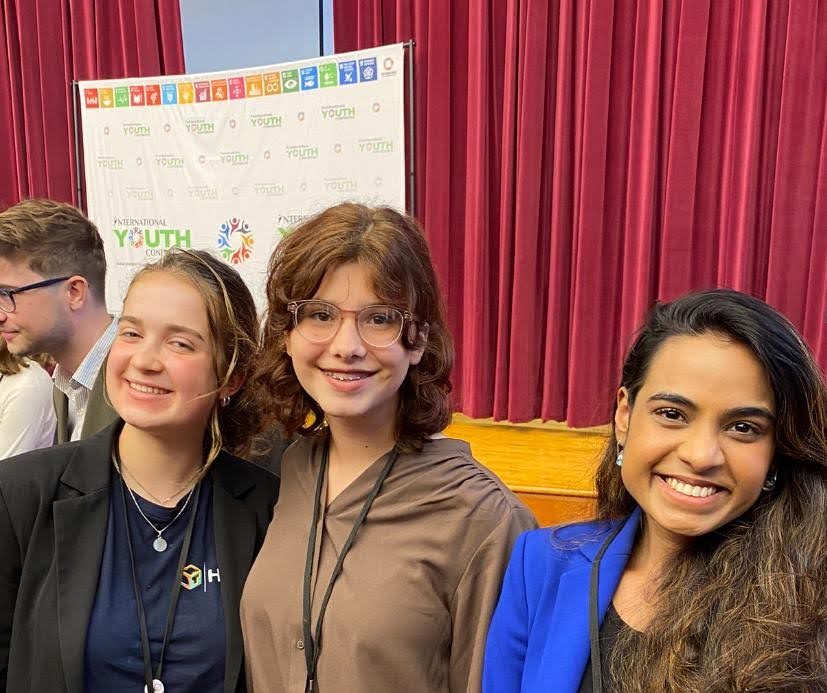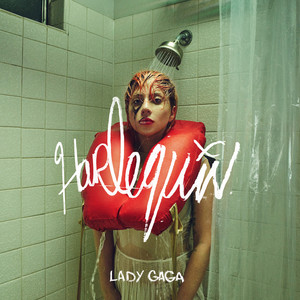On October 3, 2021, the International Consortium of Investigative Journalists, or ICIJ, released the results of an investigation on the financial secrets of many of the world’s wealthiest and most powerful figures in an exposé called the “Pandora Papers.” The figures investigated include the King of Jordan, the presidents of Ukraine, Kenya, and Ecuador, the prime minister of the Czech Republic, former British Prime Minister Tony Blair, Russian President Vladimir Putin, and more than 130 billionaires from Russia, the United States, Turkey, and other nations.

These figures, who have the power to close the offshore system and reduce economic inequality, instead choose to bolster their own profits through a complex system of tax havens, shell companies, and offshore bank accounts. As Maira Martini, a money-laundering expert with Transparency International, told NPR, “You have money that should be used to finance public services such as health, education, and housing that ends up financing luxury homes and yachts and other luxury goods abroad. That’s very, very concerning.”
Economic inequality has reached an alarming level in recent years. From 2009 to 2012, 95 percent of income growth could be credited to the top 1% of earners when including capital gains (Pew Research). Previous exposés, like the Panama Papers, also by the ICIJ, have shown how the wealthy and powerful are able to launder and cycle money in unethical ways at the expense of the less wealthy. But the Pandora Papers, the culmination of research into 11.9 million records, or 2.94 terabytes of data, detail even further on the practices and dealings that keep the rich’s pockets lined. All in all, the investigation shines light onto the not billions, but trillions of dollars that stay hidden from the world’s financial systems, evading fair taxation and cycling dirty money.
Implicated figures have responded swiftly and directly denying their involvement in illicit and unethical financial practices. The Royal Hashemite Court of Jordan said in a statement regarding Jordan’s King Abdullah and his mention in the Pandora Papers, that the leaked files “included inaccuracies and distorted and exaggerated the facts” (NBC News). The Czech Republic’s prime minister Babis also denied any wrongdoing, saying his “money left a Czech bank, was taxed… and returned to a Czech bank” (CNN).
But many disagree and instead see these Papers as a call to action. Oxfam International, a British consortium of charities, said in response to the Papers, “This is where our missing hospitals are. This is where the pay-packets sit of all the extra teachers and firefighters and public servants we need” (OXFAM International). Many economists, like Gabriel Zucman of the University of California, Berkeley, see this as a wake-up call for governments across the world to change their policies and create new restrictions, such as banning shell companies (AP News).
Economic inequality’s impacts are incredibly detrimental to the progress and the well-being of countries across the globe, and unless policies are changed and legislation is passed, some with power and wealth will continue to misuse the world’s financial systems at the expense of others.






























